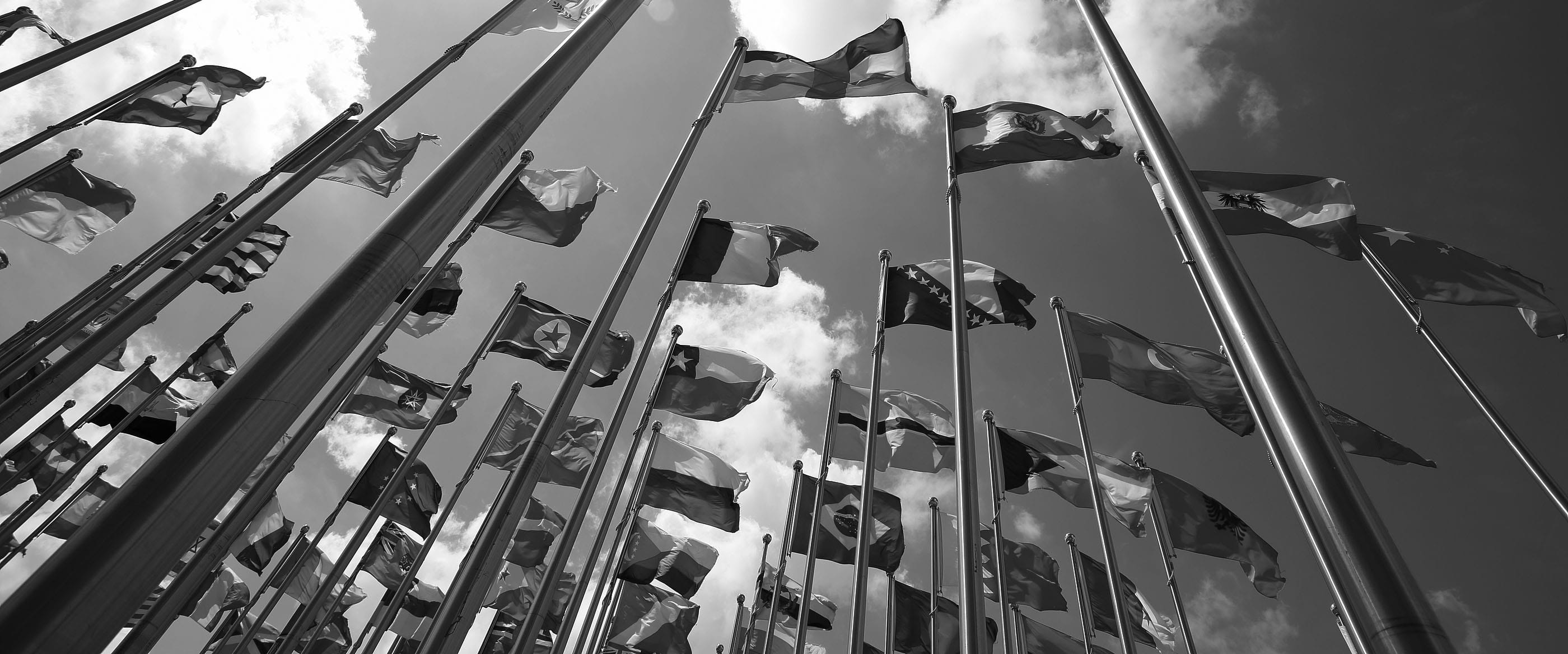Discretely assist companies and boards of directors conducting internal audits and investigations.
International Trade & National Security Law Firm
At Torres Trade Law, we work with U.S. and international clients - from multinationals and Fortune 500 companies to medium-sized businesses and startups - to successfully import and export goods, technology, and services. We regularly assist clients navigate regulatory challenges posed by U.S. and foreign trade policies, including China tariffs, Iran sanctions, and the export of defense-related goods and controlled or emerging technologies.
In addition, our lawyers have extensive experience assisting clients with a wide range of foreign investment matters, including the Committee on Foreign Investment in the United States (CFIUS) administering the Foreign Investment Risk Review Modernization Act of 2018 (FIRRMA).
Our lawyers regularly guide clients through myriad U.S. regulatory regimes and agencies that govern trade with the United States, including:
- U.S. Customs and Border Protection (CBP)
- The U.S. Department of Commerce Bureau of Industry and Security (BIS)
- The U.S. Department of State Directorate of Defense Trade Controls (DDTC)
- U.S. Department of the Treasury Office of Foreign Assets Control (OFAC)
- The Department of Defense Security Service (DSS)
- The Committee on Foreign Investment in the United States
To assist clients with challenges across the world, Torres Trade Law is a member of two widely recognized international associations: the International Lawyers Network, a global law firm network of more than 90 law firms in 67 countries; and Alliott Group, the world's 6th largest multidisciplinary alliance of accounting and law firms. These associations allow the firm to combine local expertise with a global reach to provide clients effective cross-border solutions.
To assist with risk advisory, complex investigations, and risk intelligence, our law firm's network also includes former intelligence officers and former senior leadership in national U.S. government security positions.
PRACTICE AREAS
Our Approach
Torres Trade Law is driven by the principle that our clients are best served by long-term relationships built on transparency, accountability, and cost-effectiveness. Our goal: to provide practical, real-world international trade advice based on an in-depth understanding of each client's strategic and business objectives coupled with comprehensive knowledge of the regulatory and competitive environments in which it does business.
We have extensive experience assisting companies in a variety of industries, including aerospace, defense contractors, commercial aviation, military electronics, chemicals and pharmaceuticals, medical equipment, food and beverage, data processing, machine tools, commercial electronics, satellite, unmanned vehicles, software and hi-tech, fashion and retail, private equity, and many others.

INSIGHTS
Torres Trade Trump Table
For the latest Trump trade executive actions, please view the below Torres Trade Trump Table for important information. This table will be monitored and updated regularly. The last update occurred February 26, 2026.
Global Tariff Navigator
Our Global Tariff Navigator delivers the latest U.S. tariff rates by country, updated often to reflect the ever changing trade policies - last refreshed February 26, 2026. Stay ahead of shifting trade winds!
2025: A Year of Regulatory & Policy Shifts
*Reproduced with permission from the Washington Lawyer. This article was first published in December 2025. Olga Torres coauthored the section in the article entitled “America First” Agenda in Trade policy.
OFAC Launches New Voluntary Self-Disclosure Portal
On February 6, 2026, the Department of the Treasury Office of Foreign Assets Control (OFAC) announced a new voluntary self-disclosure (VSD) portal focused on providing a streamlined, secured method to submit VSDs of potential violations of OFAC sanctions.
White House Announces America First Arms Transfer Strategy
On February 6, 2026, the White House issued an executive order (EO) establishing an “America First Arms Transfer Strategy,” recalibrating U.S. policy governing Foreign Military Sales (FMS) and Direct Commercial Sales (DCS) opportunities.1 The Strategy explicitly links defense export decisions to the strength, scale, and resilience of the U.S. defense industrial base. Under the Strategy, U.S. arms transfer decisions will be guided by a new prioritization framework that favors foreign partners deemed strategically important to U.S. national security and those that demonstrate sustained investment in their own defense capabilities.
Trade Alert: OFAC Issues New General License Authorizing Certain Venezuela Oil Transactions
On January 29, 2026, the U.S. Department of the Treasury Office of Foreign Assets Control (“OFAC”) issued Venezuela General License 46 (“GL 46”) authorizing certain commercial activities related to the sale, purchase, transport, and export of Venezuelan-origin oil that were previously prohibited under the Venezuela Sanctions Regulations. Notably, the transactions authorized by GL 46 may involve otherwise blocked entities including the Government of Venezuela, Petroleos de Venezuela, S.A. (“PdVSA”), or any entity in which PdVSA owns a 50% or greater interest.






.jpg)
.jpg)

